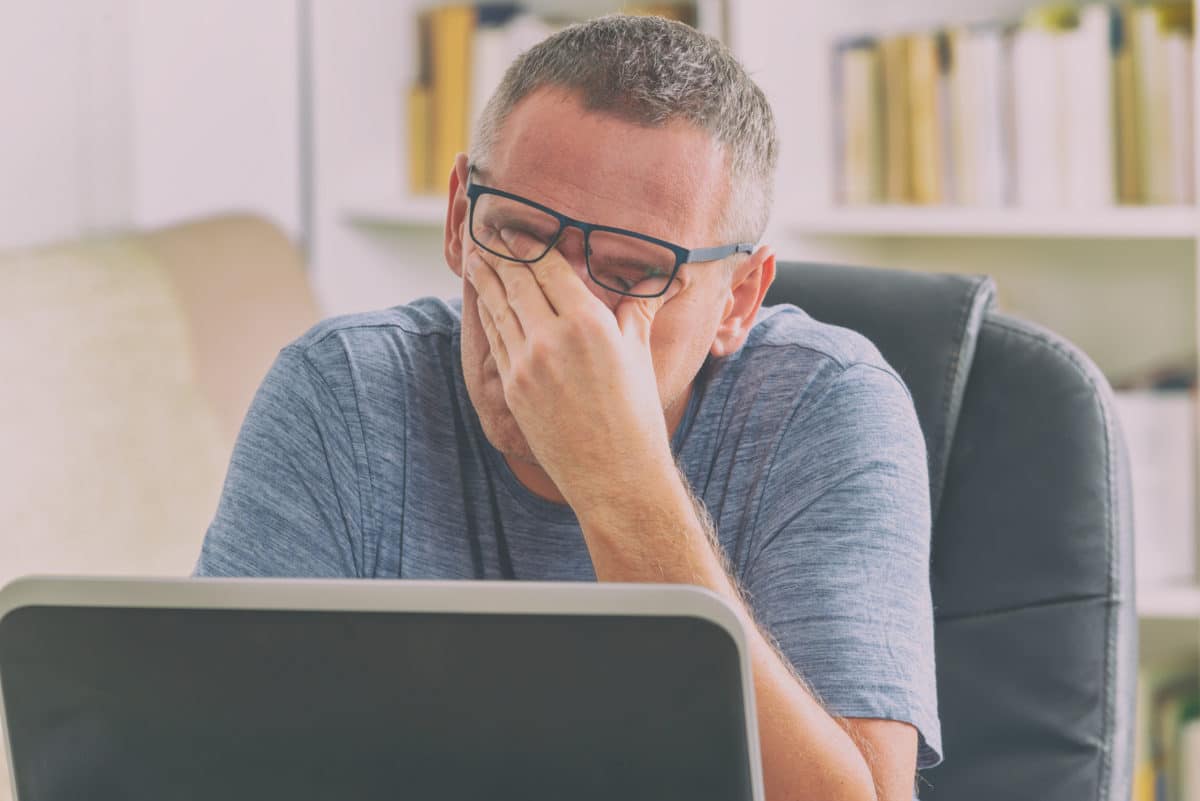Social Anxiety is hard to deal with anytime of year, but the holidays can add extra stress to the disorder.
Holiday parties increase the pressure to socialize….what will people think?
Overcrowded rooms, theaters, and malls can trigger panic…. what if something bad happens?
The list goes on and on. And, to those who suffer, social anxiety can build to more than just being shy or nervous. Social Anxiety Disorder affects more than 15 million adults in the US alone. Luckily, there are some ways you can get out this holiday season without letting your anxiety set in.
Find Support
Consider bringing a friend or loved one along for support. Large gatherings are a staple of the season. Ask a trusted person to join you who understands your difficulty in socializing. Their emotional support can help ease your anxiety by providing a buffer if things get difficult.
Pinpoint Your Anxiety
Think about what’s actually making you anxious. Is it a certain person? A place? A scenario? If you can pinpoint the source of your anxiety, you can create small, attainable goals. Don’t take on too much at once. Instead of committing to the entire party, make it a goal to stay for an hour.
Build Your Confidence
Often times, people with social anxiety worry a lot about what other people think. Are they judging me? …..What if I embarrass myself in front of everyone? Try erasing negative thoughts by building your self-confidence. Do something for YOU as an act of self-care. Remember to love yourself, first.
As with any disorder, there are so many levels of severity. Sometimes, social anxiety can lead to withdraw and other life-changing symptoms.
If you or a loved one struggles from social or any form of anxiety, Dr. Madaram is here to help you create a path to wellness. Don’t let another holiday season go by! Call Today






